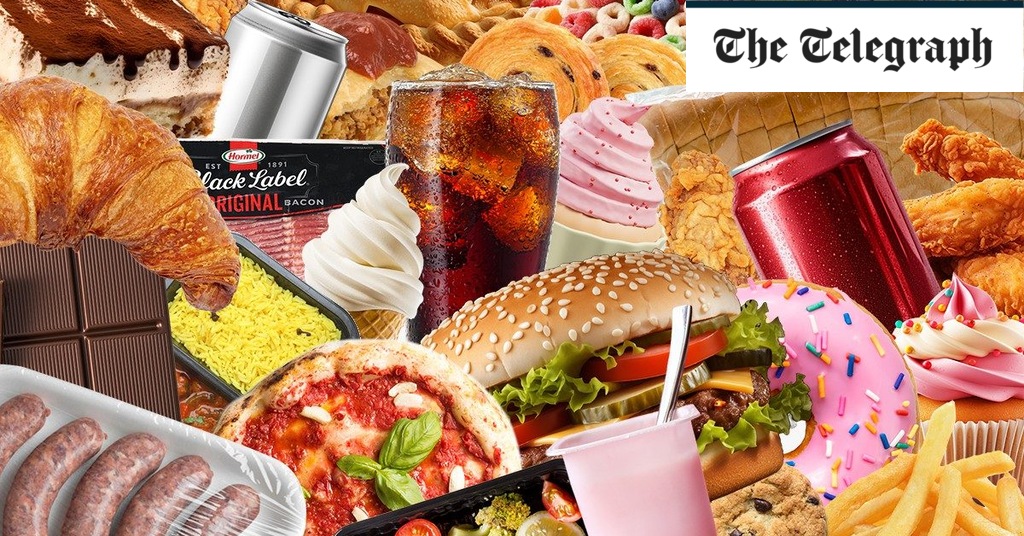Research suggests that ultra-processed foods (UPFs) are associated with 32 different health problems.
Carbonated drinks, instant meals and sugary cereals are staples of the British diet, accounting for more than half of some people’s daily calorie consumption.
This category is broad and includes anything that cannot be made in a home kitchen, and its definition is food made from “industrial compounds.”
The study, which included approximately 10 million participants and conducted 45 different analyses, found that UPF intake was associated with health problems such as cancer risk, high blood pressure, anxiety, asthma, and type 2 diabetes.
The study found evidence that high intake of ultra-processed foods increases the risk of death from cardiovascular disease by about 50 percent, and increases the risk of anxiety and common mental illnesses by about 50 percent.
Data came from a variety of sources, including surveys and questions asking people what they ate in the past 24 hours.
The association between UPF and health conditions has been graded and ranked, and scientists at Australia’s Deakin University, who conducted the study, believe there are “emergent mechanisms” to reduce the intake of these foods by the general public. It calls for research and public health efforts. .
In an accompanying editorial, also published in the BMJ, unaffiliated scientists at the University of São Paulo wrote that packaging labeling, advertising restrictions and a ban on the sale of UPF near schools should be implemented.
The authors of the editorial also called on the United Nations to unite countries and create a way to treat UPF like cigarettes.
However, some scientists have criticized the paper and also questioned the claim that UPF is inherently bad.
Most of the associations between food and health conditions in this study were weak, with only diabetes, obesity, prostate cancer, and all-cause mortality having a “moderate” quality rating.
It is difficult to reliably measure UPF intake because food memory can be highly flawed.
Gunther Kuhnle, professor of nutrition and food science at the University of Reading, said some of the study’s claims were confusing and exaggerated.

